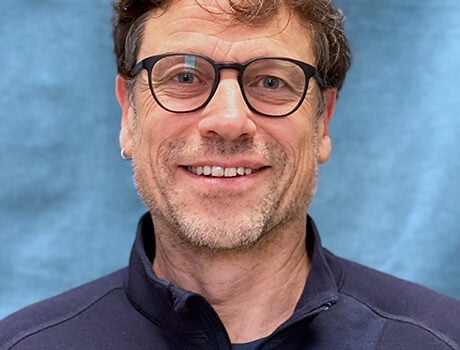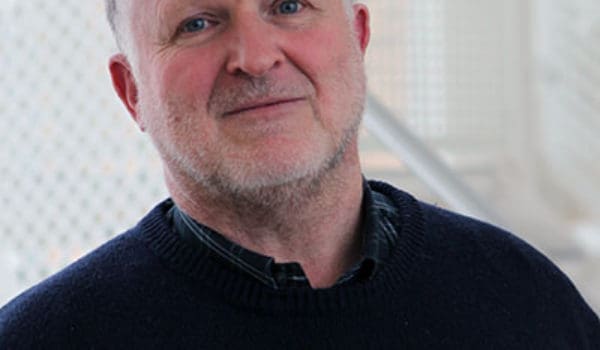
Mona Johnsrud
Mona Johnsrud holds a Bachelor in Analytical Chemistry from Oslo College of Engineering (Oslo ingeniørhøgskole), 1982. Been with NILU since 1987.
Mona has more than 20 years’ experience in quality control/quality assurance of measurement data, including organizing, handling, processing and analysing data, and uses this experience to contribute to various NILU projects.
This includes tasks for the Norwegian National reference laboratory for air quality measurements, like training, audits, and quality control and facilitation of measurement data for ambient air quality from Norwegian cities and municipalities for reporting to EU.
Mona has also been involved with specifications, testing and user training in electronic software development projects (admin.luftkvalitet.info, AirQUIS Web).
Mona has previously served as employee representative in NILUs Board of Directors for 12 years and is since 2016 serving as a board member in the union NTL Forskningsinstitutter.

Johannes Kaiser
Dr Johannes Kaiser started working at NILU’s Department for Atmosphere and Climate as a senior scientist in 2023. He has over 25 years of experience with satellite-based remote sensing of fires and atmospheric composition, as well as data assimilation, inversion and climate monitoring.
Kaiser has been the lead developer of the Global Fire Assimilation System (GFAS) of the Copernicus Atmosphere Monitoring Service (CAMS) during 2007-2019 and from 2022 onwards. During his career, he has also built a Research Group on fire emissions at the Max Planck Institute for Chemistry (MPIC) in Mainz, Germany. He managed the operational activities of the EUMETSAT Satellite Application Facility on Climate Monitoring (CM SAF) for the German national weather service (DWD) and run the scientific consultancy "SatFire Kaiser".
He founded the Interdisciplinary Biomass Burning Activity (IBBI) for IGAC, WMO and iLEAPS in 2012, and he is currently a member of the Scientific Steering Committee of for IGAC Global Emissions Initiative (GEIA). He has also worked for ECMWF, King's College London and the Universities of Zurich and Bremen.
Kaiser has published more than 100 peer-reviewed articles with an h-index of 45 on Scopus. He has a PhD in Atmospheric Physics and Remote Sensing from the University of Bremen, Germany, and a Diploma (equiv. MSc) in Astrophysics from the Technical University of Berlin, Germany.

Nalini Krishnankutty
My research interest is quantifying greenhouse gas sources and sinks on regional and global scales. For this, I use a combination of ground- and satellite-based measurements and transport models (FLEXPART and LPDM) with Bayesian inversion techniques.
I am also looking into the effect of changes in sources and sinks on the large climate system.

Ingjerd Sunde Krogseth
Dr. Ingjerd S. Krogseth is a senior scientist in the Department of Environmental Chemistry and Health Effects at NILU, as well as an adjunct professor at UiT – The Arctic University of Norway. She is located in the Fram Centre in Tromsø.
Krogseth conducts research on how organic contaminants behave in the environment and food chains, motivated by a desire to protect the environment, ecosystems, and humans from harmful compounds. She is particularly interested in new environmental contaminants that are still unregulated, in order to contribute to a sound scientific basis for decision-making for national and international environmental authorities. Another focus area is how ongoing climate change affects the fate of organic contaminants in the environment and ecosystems.
Krogseth works extensively with the development, evaluation and application of contaminant models for ecosystems and food chains. These models are used in combination with actual measurements from the environment to understand more about how the contaminants are transported to and end up in organisms and food chains. She is particularly interested in organic contaminants in Arctic ecosystems, and she works closely with biologists and ecotoxicologists at other institutions in the Fram Centre through the Fram Centre's research programmes.



